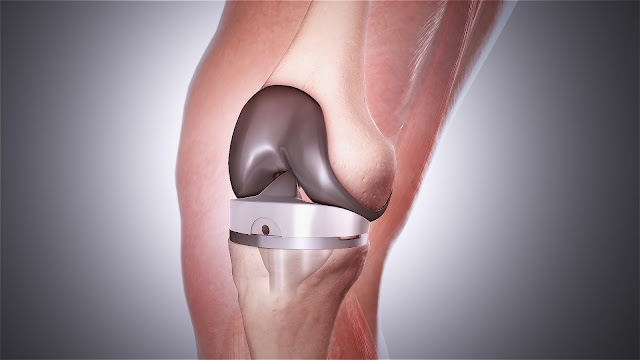Exploring Metabolic Testing: A Comprehensive Approach To Health Assessment
 |
| Metabolic Testing |
Athletic Performance Optimization: Athletes and sports enthusiasts can benefit greatly from Metabolic Testing. By identifying an individual's unique metabolic profile, trainers and coaches can tailor training programs, optimize nutrition plans, and enhance performance. Understanding an athlete's fuel utilization can help fine-tune strategies for endurance, strength, and recovery. Health and Disease Management: Metabolic testing plays a crucial role in managing various health conditions, such as diabetes, cardiovascular disease, and metabolic disorders.
For athletes and fitness enthusiasts, Metabolic Testing can be a game-changer. Determining your anaerobic
threshold, which is the intensity of exercise at which the body switches from
using primarily aerobic energy to anaerobic energy, can help you train more
effectively. Metabolic testing can identify the optimal heart rate zones and
intensity levels for improving endurance, maximizing fat burning, and enhancing
performance.
Additionally, Metabolic Testing
can reveal valuable information about nutrient utilization. It can uncover
whether your body is primarily using carbohydrates or fats as fuel during
exercise, known as substrate utilization. This knowledge allows for targeted
nutritional strategies, such as adjusting macronutrient ratios or timing
nutrient intake, to optimize energy production and recovery.
Metabolic Testing is not only beneficial for weight management and athletic performance
but also for overall health assessment. It can identify metabolic imbalances
that may contribute to chronic conditions like diabetes, cardiovascular
disease, or hormonal disorders. By uncovering these underlying issues,
healthcare professionals can develop personalized interventions to mitigate
risks and improve long-term health outcomes.
Furthermore, Metabolic Testing
can help monitor the progress and effectiveness of interventions like lifestyle
modifications, exercise programs, or medical treatments. By periodically
reassessing metabolic parameters, adjustments can be made to ensure that
interventions are tailored to an individual's evolving needs, enhancing the
likelihood of success.
It's important to note that metabolic testing should be conducted under the guidance of trained professionals, such as registered dietitians, exercise physiologists, or healthcare providers. These experts can interpret the test results and provide personalized recommendations based on an individual's goals, lifestyle, and health status.
In summary, metabolic testing offers a comprehensive and individualized
approach to optimize health, manage weight, and enhance athletic performance.
By understanding your body's unique metabolism, you can make informed decisions
about nutrition, exercise, and overall lifestyle choices. Whether you're aiming
to lose weight, improve fitness, or address underlying health concerns,
metabolic testing provides valuable insights to support your journey toward
optimal well-being.



Comments
Post a Comment